There are four boxes that protect the liberties of men of the West from tyranny: the ballot box, the soap box, the jury box, and the cartridge box. It is unfortunate that many of us flee the one that is perhaps the most powerful for us as individuals, the jury box. How many times have you known someone that could not wait to cast a vote that would in all mathematical probability accomplish nothing, but did everything he could to get out of jury duty? Domesticated courts are a tyrant’s best friend. But you as a juror have more power than both the legislature that passed a law and the judge who would punish someone for breaking it.
Juries under the common law were established with the Magna Carta in 1215. Until then, English kings had the power to make laws, and since the prosecutors and judges were both appointed at the whim of the Crown, an accusation was as good as a conviction. The requirement that the accused be convicted by a jury of his peers – one of the premier “rights of Englishmen” — removed a tremendous amount of power from the executive and placed it in the hands of citizens.
The independence of the jury was fully established four centuries later in a trial that became known as Bushnell’s Case. When a 1670 British jury refused to convict William Penn of unlawful assembly for speaking to a group of Quakers, the judge sent them back to the jury room to re-deliberate, this time without food or water, until they brought the result he wanted. When they still refused to convict Penn, the furious judge fined four of them, then jailed them until they could pay the money. One of the jurors, Edward Bushnell, appealed to the Court of Common Pleas, which court freed the jury and held thenceforth that jurors could not be punished for their verdict.
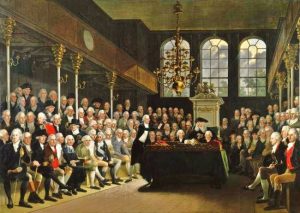
Our Founding Fathers understood the power of juries. The colonists used jury nullification so often in cases against customs tax evaders like John Hancock that the crown created a series of Vice Admiralty courts (think of it as a FISA court with powdered wigs) to enforce the tax laws. They even moved trials to Canada to ensure convictions. It is an historical American right that citizens have the final say in court, both over the facts of the case and over the justice of the law allegedly broken. Careful readers will catch whispers of their experiences all through the Constitution.
A citizen jury was critical in the 1735 Zenger case, which helped establish our principle of Freedom of the Press, freeing a newspaper editor who told a truth that the Royal Governor of New York found embarassing. Juries have kept the government from overstepping its powers recently as well, as in the prosecution of Ammon Bundy and six others in last year’s Oregon standoff, where it was widely acknowledged that prosecutors “over-charged” the defendants to make an example of them. In both cases, the jury freed accused who were being unfairly treated by the court system.
Even if you agree with the law, even you think the government is pressing the correct charge against the correct person, even if you would really rather be at work than sitting in some boring courtroom listening to the drones of overeducated nitwits, it’s critical to step up to your duty to serve as a juror for a few reasons:
First, because the prosecutors are all on the same team, and it’s not your team. Prosecutors are elected officials who often have designs on higher office. That means getting convictions and long sentences and their names in the paper. While they may be interested in justice and may be personally good people, they have incentives that regular people need to keep a rein on.
Second, because the government naturally centralizes power in itself, and it is the citizens’ job to limit that. From the Roman establishment of dual consuls with veto power over each other to the Magna Carta to the US Constitution’s establishment of an ‘independent” judiciary, the question of how to limit government power – and especially executive power – has plagued mankind. The jury is one small part of the answer. But the history of judicial pushback against jury power shows that government would rather control the whole show themselves. That is a danger which our forefathers spilled blood to overcome.
Finally, because it’s a peaceful way to delay opening box number 4, to preserve our heritage that it might not have to be regained by force. Men will only put up with injustice for so long. But the cartridge box brings such ill side effects that its use needs to be the last resort. While one may need to punch a commie and eat his pizza on occasion, political violence is one more somber note in the dirge of republics.
In many nations of the west, one can now be jailed or fined or have children legally kidnapped for such “abominable” acts as home schooling, telling the truth about Islam, even informing potential jurors about their historical rights. Speak these truths too close to a courthouse, even in the US, and you could be indicted for jury tampering. It’s possible that the last peaceful response to these petty tyrannies is for juries to deny the government its way before they grow into unbearable tyrannies.
It’s easy to avoid jury duty – all one needs to do is purposely answer a preliminary question in a way that shows bias. But it’s nearly impossible to recover liberties lost through misuse and neglect. All the more reason that men of the West need to take up this duty, one among many passed in trust by our forefathers. We owe it to our children to pass their liberties intact, and we owe a fealty to those who fought so hard to gain them on our behalf.
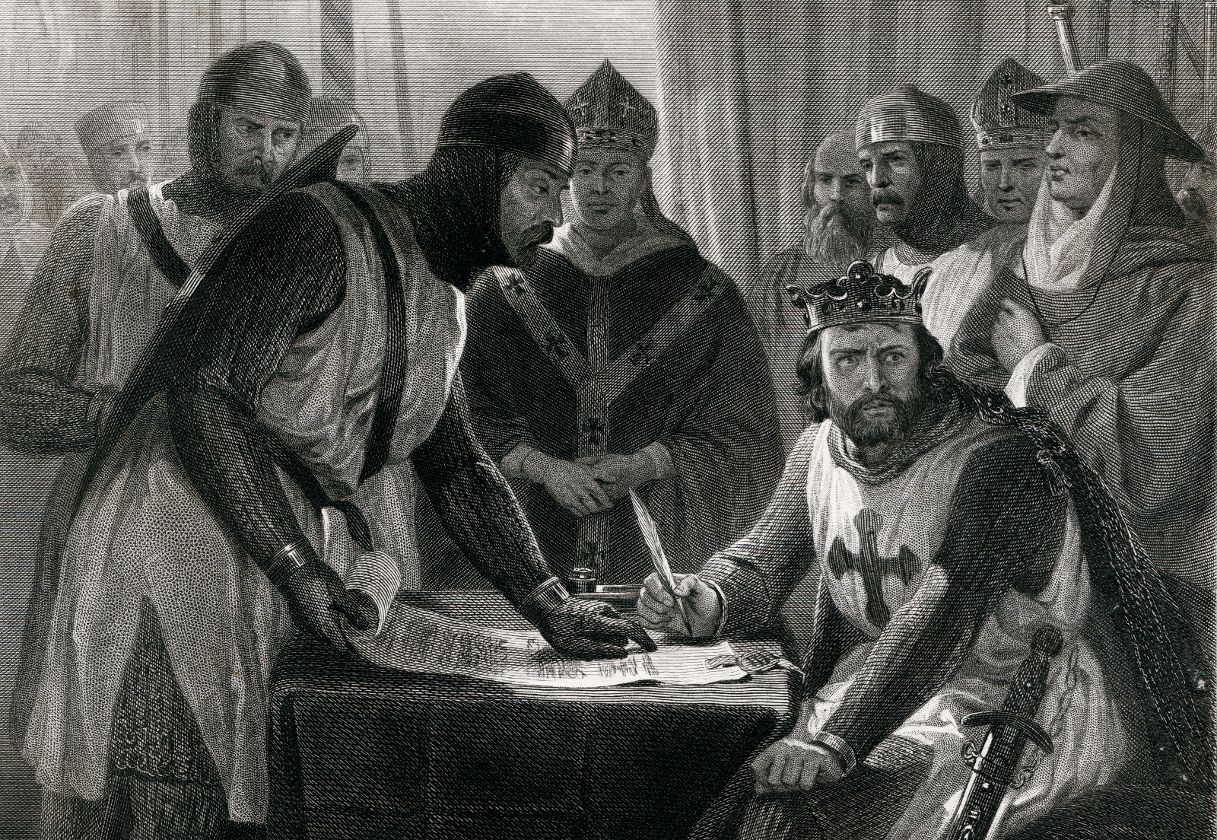
Don't Shirk Your (Jury) Duty
5 Comments
Leave a Reply
Latest from History

Dangerous Left Wing Rhetoric
On Saturday, July 13, 2024, an assassin came within inches of murdering Donald Trump on a live broadcast. Democrat talking heads immediately split into two camps: some said Trump staged the shooting
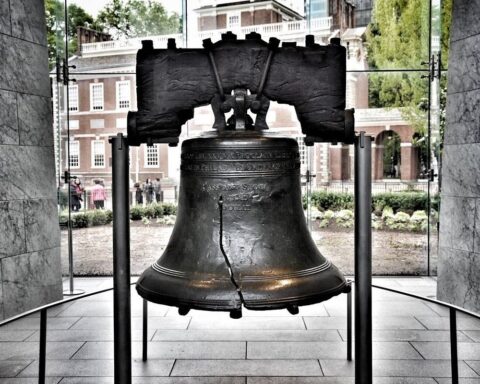
Revolution, Independence, and Union – Part 6
The good effects of the American revolt on British politics have it would seem been overrated. Whatever Chatham or any one else might say in his oratoric mood, there was little danger
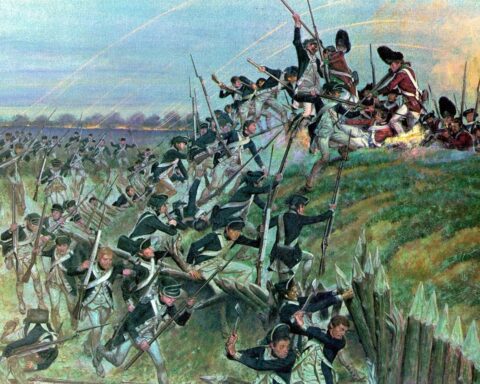
Revolution, Independence, and Union – Part 5
It was in the dark hour before the arrival of French aid that treason entered into the heart of Benedict Arnold, the commander of the all-important lines upon the Hudson. Arnold had

Revolution, Independence, and Union – Part 4
The Netherlands, when they rose against Spain and the Inquisition, had a cause terribly great and showed spirit as great as their cause. The cause in which the Americans rose against the
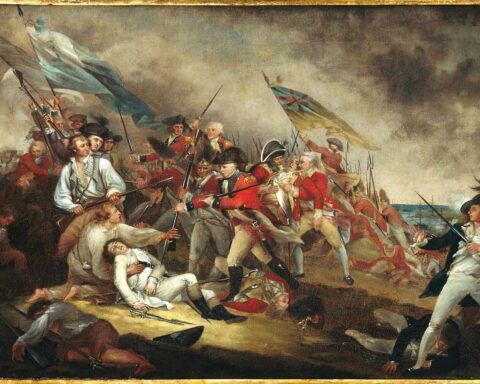
Revolution, Independence, and Union – Part 3
The war opened at Boston, where General Gage, now its military governor, lay with a small army of occupation and repression, and it opened in a way ominous of the final result


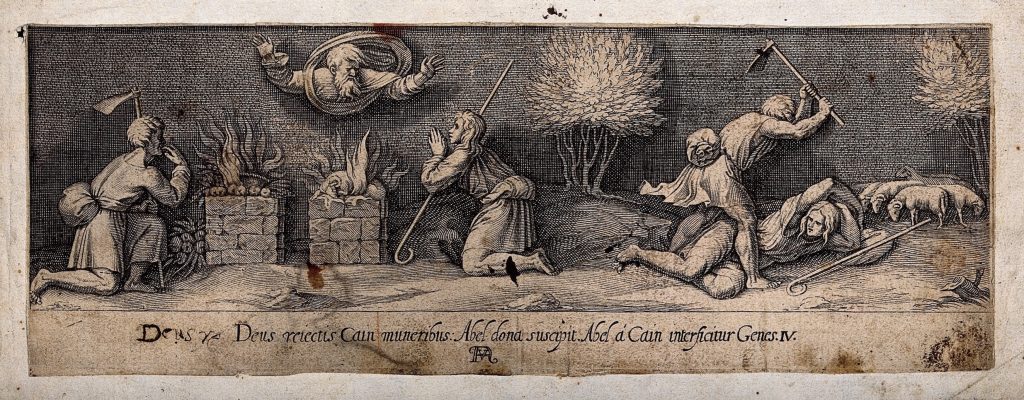
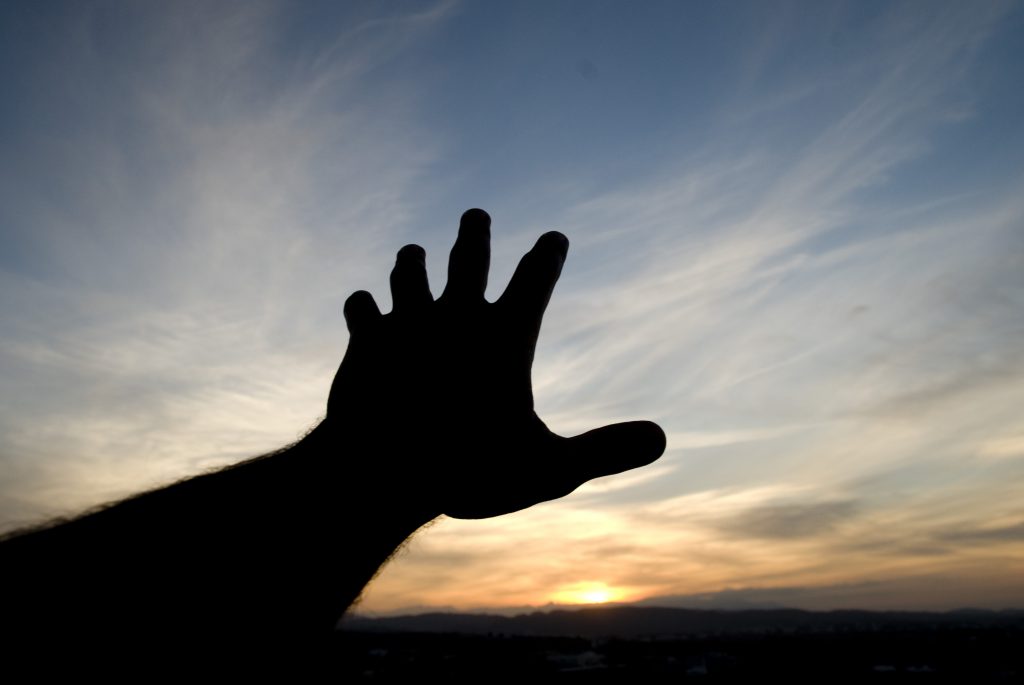
5
4.5
Love this article sir. Well written. There is a series that you might be interested in also regarding the origins of the right of the accused to have a defense attorney. It is called Garrow’s Law. William Garrow pioneered the concept that everyone deserves a proper defense if they are accused of something. Because up to that time, the police could have you thrown into prison just on their own word alone. It is a British series, and I thought it was fascinating to watch that part of the history of the Legal system/profession unfold.
I served on a jury one time, and you are right. It is something everyone needs to do at least once. Because if you do not, sometimes the ignorant people who are on the jury will act in ways that are not the best. You also get to see a slice of society that I am betting that most people have no idea even exist in their communities.
3.5
Agree. I recently had to testify for the prosecution. It was educational. More rational men are needed in jury pools to ensure that justice is truly served. Thanks for the good post.